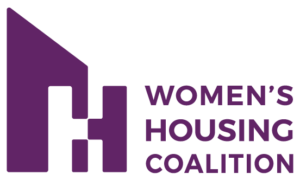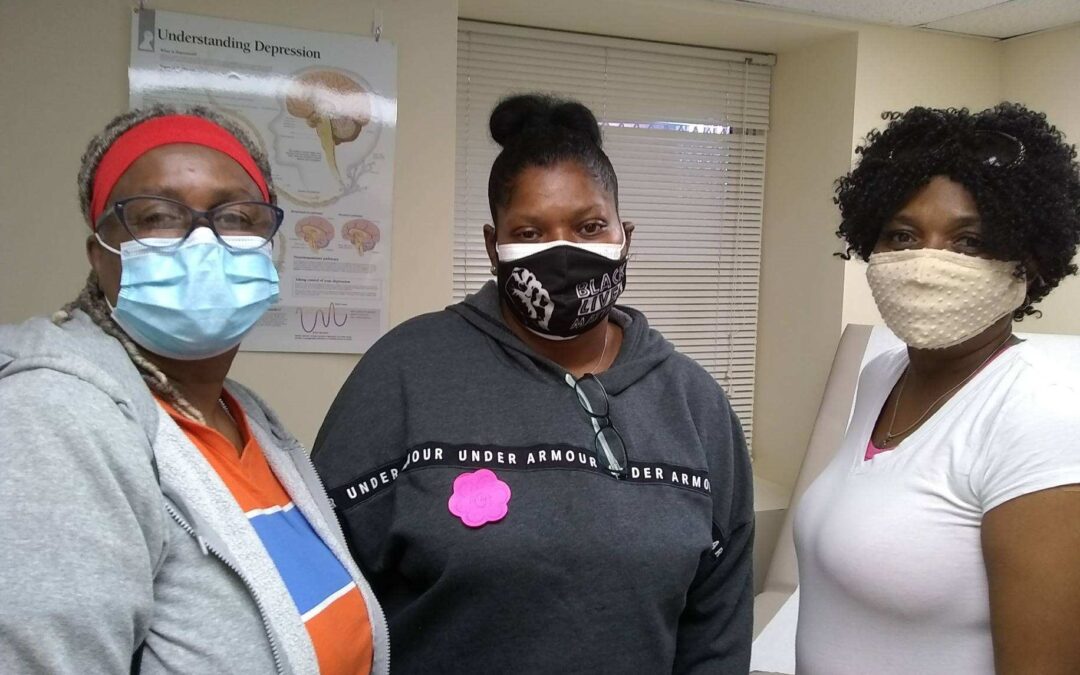Working in tandem with fellow local healthcare provider Alliance Associates, who provide in-house healthcare, WHC was able to obtain and distribute the first dose of the Moderna vaccine to over 40 of their residents as well as schedule their second dose. WHC covered the transportation costs for residents by paying for Uber and Lyft rides, and provided a small pop-up store at the Bennett House location to provide personal care and household items donated by IKEA and United Way for residents after receiving the vaccine.
As thousands around Baltimore flock to mass vaccination centers, WHC’s efforts show the value of smaller-scale outreach in ending the COVID-19 pandemic. Reaching the especially vulnerable impoverished populations in the city has proven a challenge as many lack the time or means to schedule and reach vaccination centers, and general unease about the vaccines remains an issue. At WHC, case managers have answered residents’ questions about COVID throughout the pandemic, and have always given residents whatever kinds of supports they needed over the past 14 plus months. This included providing weekly newsletters with the most up-to-date information about what was happening with the pandemic nationally as well as locally. When the vaccine became available to WHC, came managers have worked hard at providing the residents with accurate and detailed information about the vaccine, its purpose, and potential side effects. They have addressed concerns whenever they have been expressed by a resident. Through the case manager’s tireless work, WHC has been able to assuage the concerns many have had about the vaccine, and is confident that the majority of the individuals and families they provide care for will choose to receive the vaccine.
“The large-scale efforts being undertaken across the country to end this pandemic are an incredible accomplishment and should be commended, but those aren’t necessarily an option for people who are worried about more basic survival needs,” says Beth Benner, executive director of the Women’s Housing Coalition. “In order to put vaccines into as many arms as possible, we believe that a more individual approach will be required in some areas, and we’re proud to be able to provide that.”
WHC plans to maintain their vaccination efforts for their residents until the COVID-19 pandemic is officially ended. Our case managers are working to educate, dispel myths, and support our residents as they make their personal choice about getting the vaccine.


